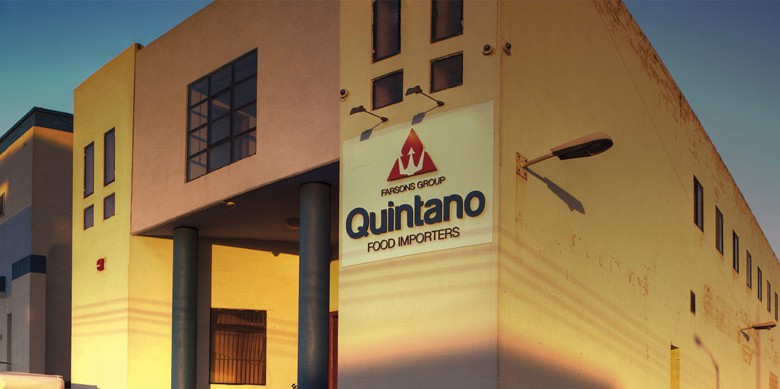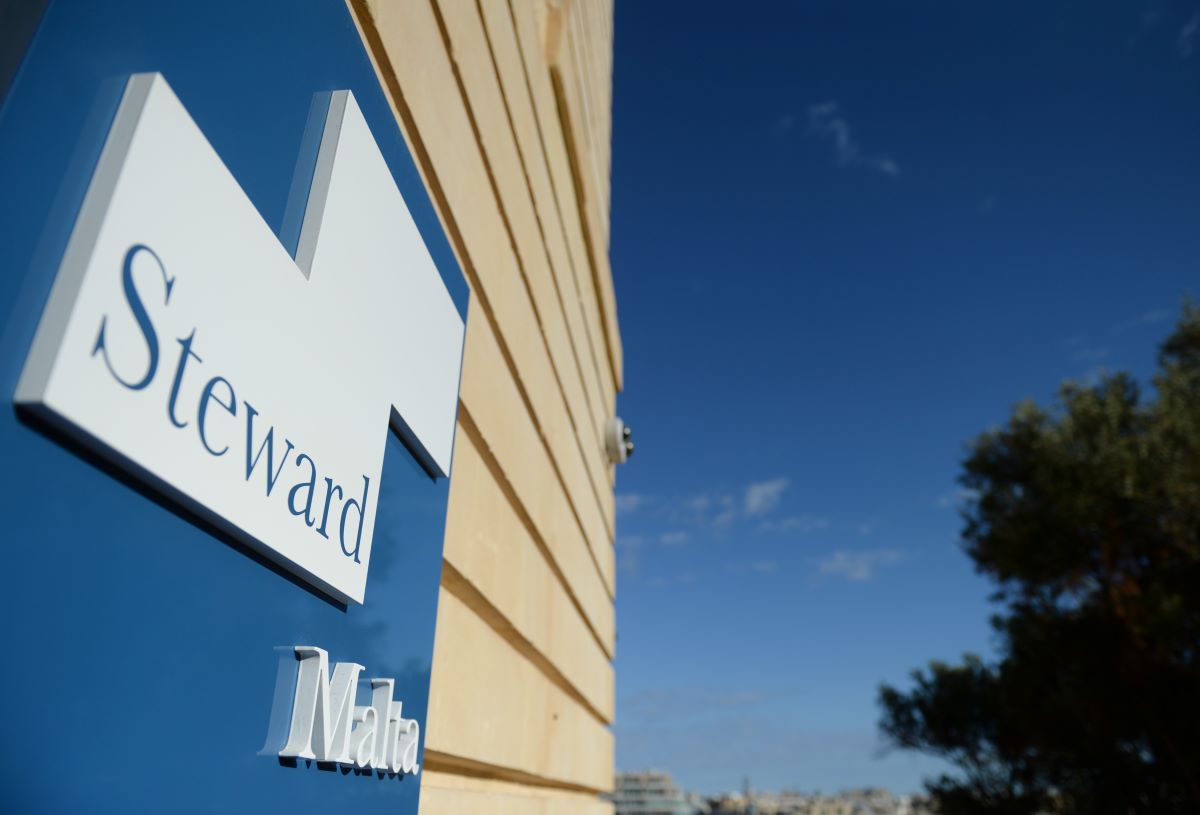Last month’s equity listing of Quinco Holdings plc via a spin-off from Simonds Farsons Cisk plc raised the debate once again among the investing community on the rationale and effectiveness of a spin-off.
Incidentally, the very recent corporate action by Farsons leading to the listing of Quinco Holdings took place exactly 10 years from the first spin-off on the Malta Stock Exchange when all shareholders of GO plc received a distribution of shares of Malta Properties Company plc in Q4 2015.
Corporate spin-offs have regularly taken place across the larger capital markets overseas. One of the most renowned was the spin-off of PayPal from eBay in 2015. More recently, in May 2023, Johnson & Johnson spun off its consumer-health business and named it Kenvue Inc.
Many business commentators argue that a spin-off is primarily a ‘value-creation strategy’ mainly designed to eliminate the so-called “conglomerate discount” when large companies with diverse business interests are often valued less than the sum of the individual business units since investors may have difficulty assessing the various businesses due to different strategic objectives and opportunities.
By spinning off a subsidiary into a standalone company, each company is usually more accurately valued by the market based on its specific financials, risk profile and growth potential.
Moreover, it is widely stated that spin-offs also tend to sharpen strategic focus of the individual businesses and improve capital efficiency. For financial analysts and the investment community, this leads to a clearer investment case for each of the different business.
The listing of Quinco Holdings plc as a separate publicly-listed company on the MSE came about through a ‘dividend in kind’ to all shareholders of Farsons totalling €46.8 million (equivalent to €1.30 per share). Quinco Holdings plc is the parent company of Food Chain Limited and Quintano Foods Limited effectively incorporating the food business of the Farsons Group. Within the context of the financial performance of the Farsons Group, the food business, now under Quinco, was relatively immaterial since this represented 28 per cent of revenue in the last financial year to 31st January 2025 and just 16.5 per cent of operating profit. The profitability of the Farsons Group is essentially centred around the beverage segment most especially in the beer sector through its iconic CISK brand.
Quinco’s stated vision is to consolidate the food importation segment as well as the restaurant franchising business. The large investment taking place in a new warehousing and logistics facility will equip it with the “capabilities to optimise distribution workflows, strengthen inventory control, and efficiently service a growing and increasingly diversified client base”. The new shareholders of Quinco will be attentive to any upcoming announcements related to its strategic objective to scale up its business given the comparatively modest business performance to date.
The creation of Quinco Holdings plc as a separate publicly-listed company on the MSE is the second corporate action of this nature by Simonds Farsons Cisk plc. In fact, Trident Estates plc was spun-off from Farsons in December 2017 through a ‘dividend in kind’ totalling €37.2 million (equivalent to €1.24 per share).
The shares of Trident Estates were admitted to the MSE on 30th January 2018 and in October 2019, Trident raised €15 million via a rights issue at an offer price of €1.25 to partly fund the development of Trident Park. The large office campus opened its doors during the financial year ended 31st January 2023 and achieved an occupancy rate of 86 per cent earlier this year. This is the largest asset within the portfolio of Trident Estates with a value of €66.4 million.
The second largest asset is Trident House in Qormi. Only a few weeks ago, the company entered into a promise of sale agreement (valid until 30th May 2028) to sell Trident House for €29.25 million. It is interesting to highlight the trajectory of the value of Trident House in the financial statements of Trident Estates over the years. It was valued at just over €10 million at the time of the spin-off in 2017/18 and was increased to just above €11 million until January 2022. This was adjusted upwards to €18 million in January 2023 and a further revaluation took place in January 2025 to €20 million. This is one of the factors that helped the net asset value of Trident Estates rise from €1.25 per share in 2020 to €1.53 per share as at January 2025. Since the sale of Trident House represents a premium of €9.25 million (or €0.22 per share) over the company’s latest book value, a further uplift in the net asset value per share is to be expected in the coming reporting periods. This would furt
her highlight the disparity between the current share price of €1.06 to the net asset value per share of well-above €1.53 following the important promise of sale agreement recently signed. This translates into a discount in excess of 30 per cent to the book value at a time when the company’s second largest asset is being converted into cash showing the accuracy of the stated book value in the financial statements. If Trident Estates had still formed part of the entire Farsons Group, the uplift in the net asset value would have been much less material given the overall strength of the beverage segment and the main focus on profitability and cash flow to value the Farsons Group.
Essentially, shareholders of Farsons should be pleased at the overall outcome of both these corporate actions that took place over the past 8 years although Quinco needs to be judged on the effectiveness of their scaling-up efforts in the years ahead. Simonds Farsons Cisk plc has a current market cap of €200 million compared to €260 million in 2017 around the time of the Trident corporate action but one also has to mention that the price to earnings multiple now is of 12 times compared to 22 times in 2017. Moreover, those shareholders still holding on to Trident must also consider the company’s market cap of €44.5 million (book value of over €64 million) and likewise the recent share allotment of Quinco currently with a market cap of €36 million.
The lack of response to the important announcement of a major property sale by Trident Estates may not be surprising given the unbelievable developments unfolding across two other companies within the wider property sector, namely MIDI plc and Malita Investments plc. While these hugely disappointing issues are very different in their root cause, they are undoubtedly serving to destroy investor sentiment towards domestic equities even further. As we approach the important regulatory changes to the minimum free float requirement which I had advocated for in order to deepen the domestic capital market, locally-based investors could continue to shy away from Maltese equities until both these alarming developments are resolved in a positive manner.
The article contains public information only and is published solely for informational purposes. It should not be construed as a solicitation or an offer to buy or sell any securities or related financial instruments. No representation or warranty, either expressed or implied, is provided in relation to the accuracy, completeness or reliability of the information contained herein, nor is it intended to be a complete statement or summary of the securities, markets or developments referred to in this article. Rizzo, Farrugia & Co. (Stockbrokers) Ltd (“Rizzo Farrugia”) is under no obligation to update or keep current the information contained herein. Since the buying and selling of securities by any person is dependent on that person’s financial situation and an assessment of the suitability and appropriateness of the proposed transaction, no person should act upon any recommendation in this article without first obtaining investment advice. Rizzo Farrugia, its directors, the author of this article, other employees or clients may have or have had interests in the securities referred to herein and may at any time make purchases and/or sales in them as principal or agent. Furthermore, Rizzo Farrugia may have or have had a relationship with or may provide or has provided other services of a corporate nature to companies herein mentioned. Stock markets are volatile and subject to fluctuations which cannot be reasonably foreseen. Past performance is not necessarily indicative of future results. Foreign currency rates of exchange may adversely affect the value, price or income of any security mentioned in this article. Neither Rizzo Farrugia, nor any of its directors or employees accepts any liability for any loss or damage arising out of the use of all or any part of this article.
Malta’s growing debt servicing requirements
While the 2026 Budget outlines ambitious fiscal targets, its continued silence on capital market development poses a setback
Why fertility is more than economics and taxes
Economist JP Fabri argues that fertility ‘is as much a reflection of collective imagination as it is of personal means’
APS aiming to accelerate market share gains
Examining APS Bank’s strong Q3 2025 performance and its implications for investors amid the ongoing €45 million rights issue







